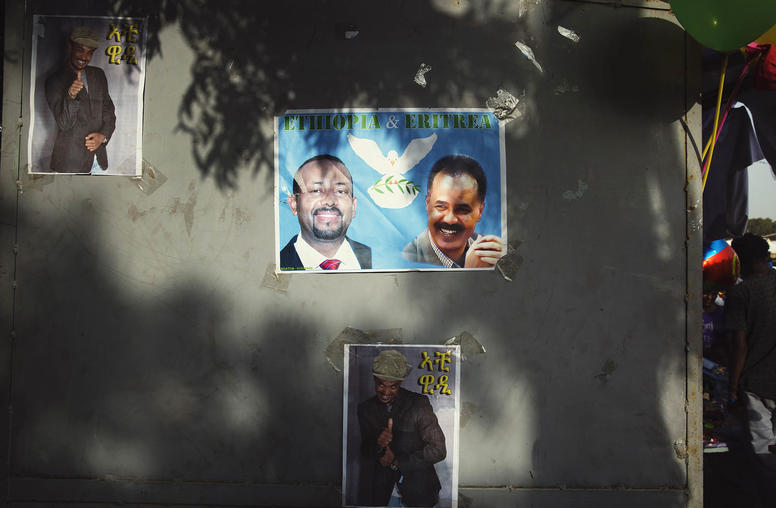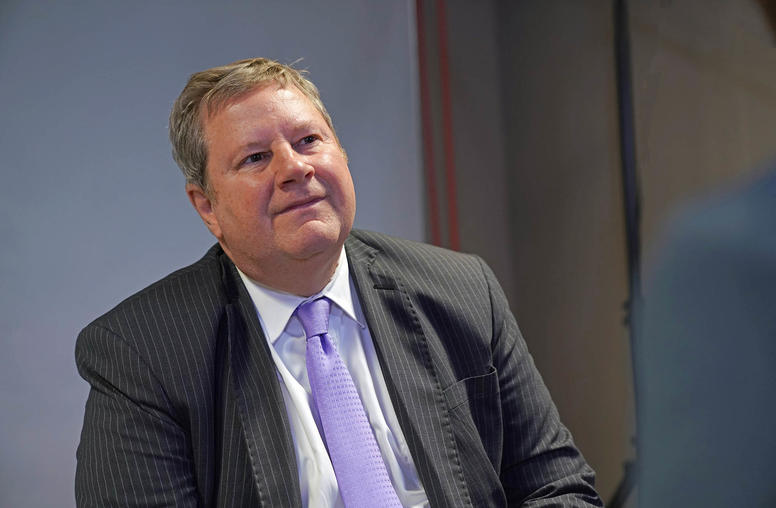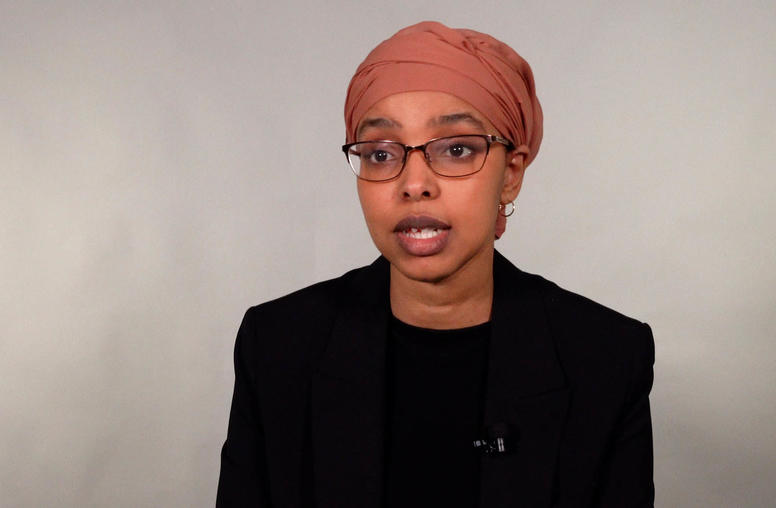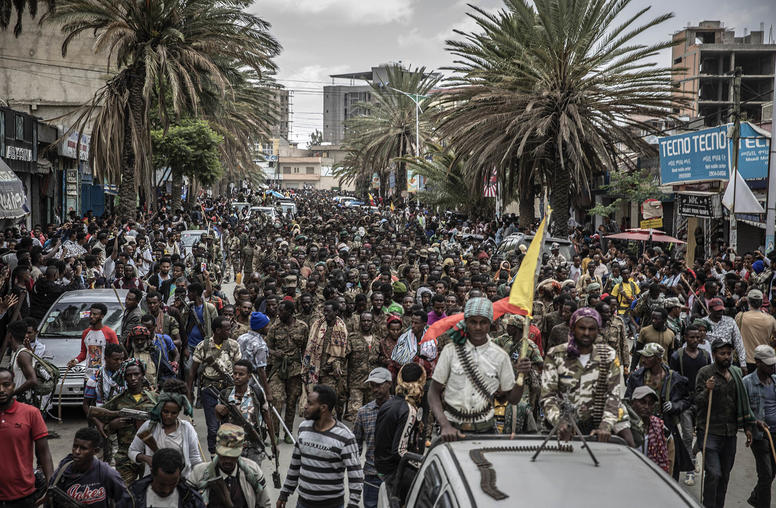A Changing Ethiopia: The Puzzle of Ethiopian Politics
From War to Peace, Can Ethiopia’s Ruling Party Transform?
How did a group with its origins in a small Marxist-Leninist insurgency in northern Ethiopia transform itself into a ruling political party with eight million members and a hierarchy that links even the smallest Ethiopian village to the center? How do the legacies of protracted civil war and rebel victory over the brutal Derg military regime continue to shape contemporary Ethiopian politics? And can the ruling Ethiopian People’s Revolutionary Democratic Front, after widespread protests and a state of emergency, transform itself under new leadership to meet popular demands?
During this crucial period of reform and uncertainty in Ethiopia, Dr. Terrence Lyons, author of a new book, The Puzzle of Ethiopian Politics, held a conversation with the U.S. Institute of Peace, to discuss how the very structures that enabled Ethiopia’s ruling party to overcome the challenges of a war-to-peace transition are the very source of the problems that it faces now. Continue the conversation with #AChangingEthiopia.
Speakers
Dr. Terrence Lyons
Associate Professor, George Mason University, and Author, The Puzzle of Ethiopian Politics
Aly Verjee, moderator
Senior Advisor, Africa Program, U.S. Institute of Peace



